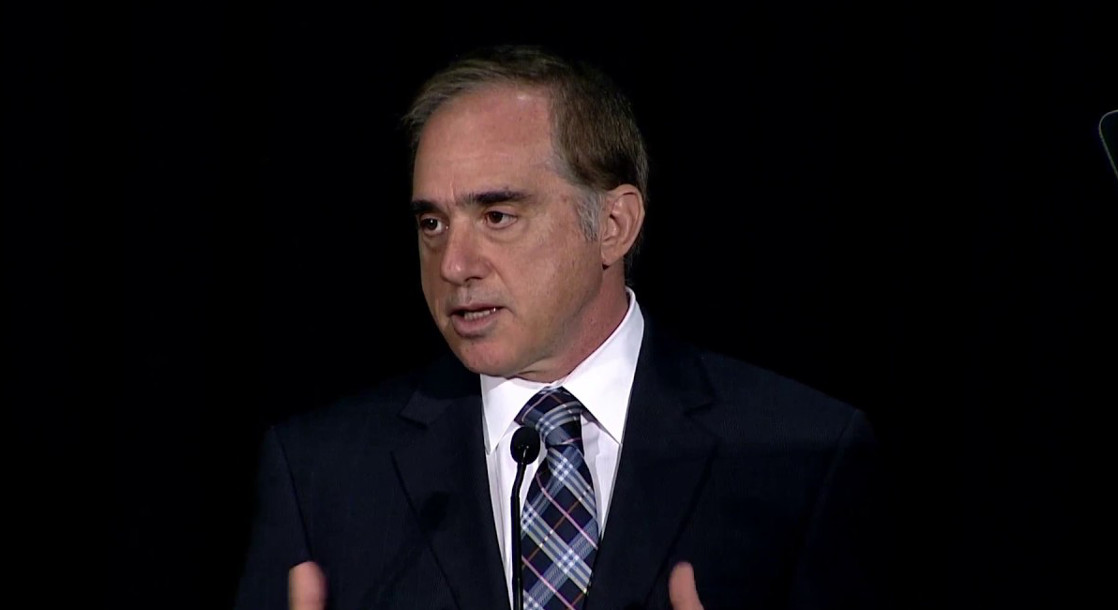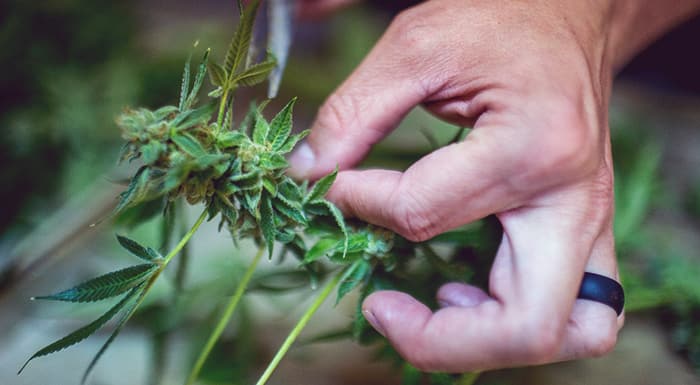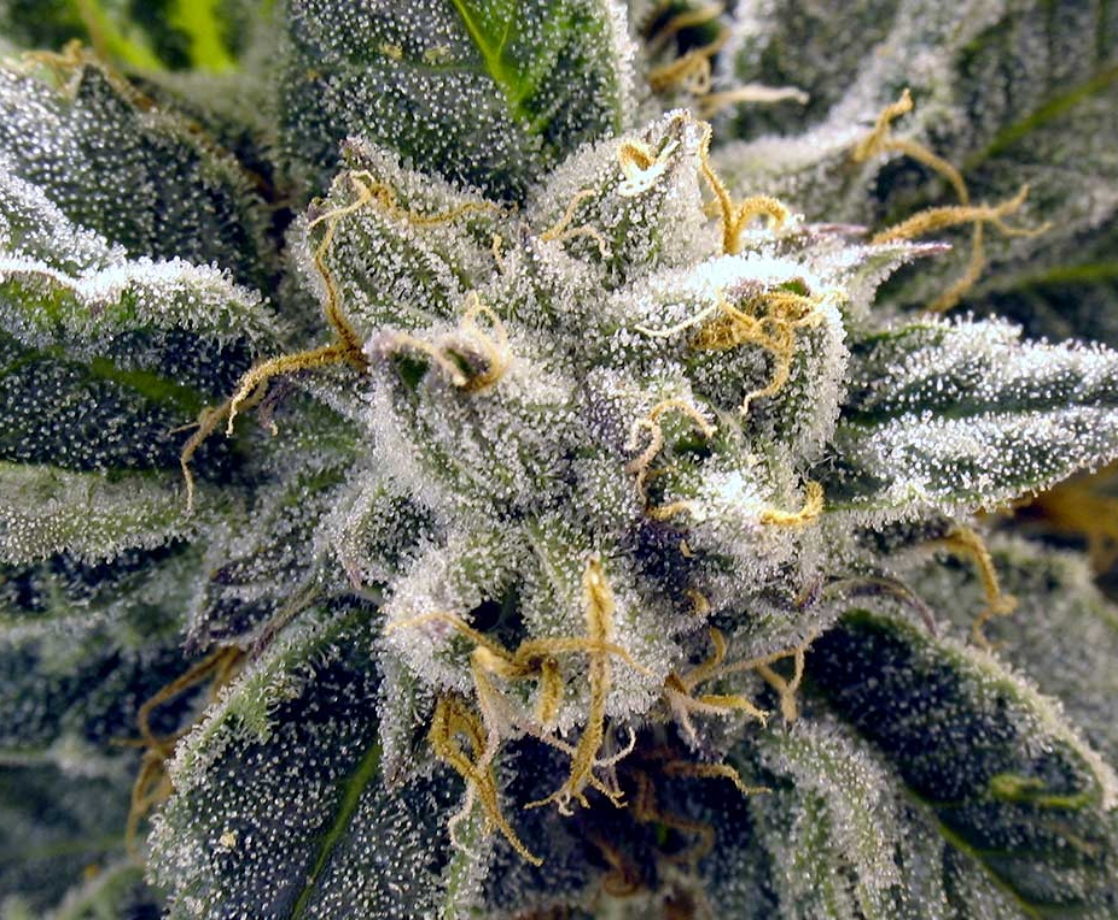Although it’s next to impossible for veterans to be granted permission from the federal government to use medical marijuana to ease the symptoms of conditions ranging from PTSD to chronic pain, Department of Veterans Affairs Secretary David Shulkin said earlier this week in a White House briefing that he would like to see this policy changed in the future.
During his speech, Shulkin said the VA is completely open to the possibility of allowing veterans to use medical marijuana. However, he went on to explain that until the federal government steps up and revamps its policies against the herb, it is not likely to happen.
“Well, right now federal law does not prevent us at VA to look at that as an option for veterans,” Shulkin said.
“I believe that everything that can help veterans should be debated by Congress and medical experts and we will implement that law,” he added. “So, if there is compelling evidence that this is helpful, I hope that people take a look at that and come up with the right decision and we will implement that.”
As a physician, Shulkin said that his opinion is that there seems to be an increasing body of evidence suggesting marijuana is beneficial in the treatment of a variety of conditions, some of which are typically experienced by veterans who have been in combat, but he also believes that more research is necessary before the true medicinal powers of the plant can be determined.
“My opinion is that some of the states that have put in appropriate controls, there may be some evidence that this is beginning to be helpful and we’re interested in looking at that and learning from that, but until time that federal law changes we are not able to prescribe medical marijuana,” he said.
Last month, the American Legion, which represents more than 2 million veterans across the United States, pleaded with President Donald Trump to downgrade the Schedule 1 listing of the cannabis plant in order to facilitate research.
"We are not asking for it to be legalized," Louis Celli, the national director of veteran affairs and rehabilitation for the American Legion, told Politico. "There is overwhelming evidence that it has been beneficial for some vets. The difference is that it is not founded in federal research because it has been illegal."
Unfortunately, the request almost certainly fell on deaf ears, as Trump’s administration is shaping up to become the worst we have seen on marijuana policy in decades.
Not even Congress is interested in taking steps to impose less restrictive marijuana policies that could enable scientific minds to dig deeper into the potential benefits of medical marijuana.
For now, it seems the backbone of the U.S. government is still too afraid of the potential political ramifications that could arise from offering support for this modest reform. As it stands, there are only around 20 members of Congress that are even willing to discuss marijuana legalization publicly – much less get behind legislation.
In other words, despite the positive words coming from the mouth of VA Secretary Shulkin, it could be a very long time before veterans see legal, federally approved access to medical marijuana.











